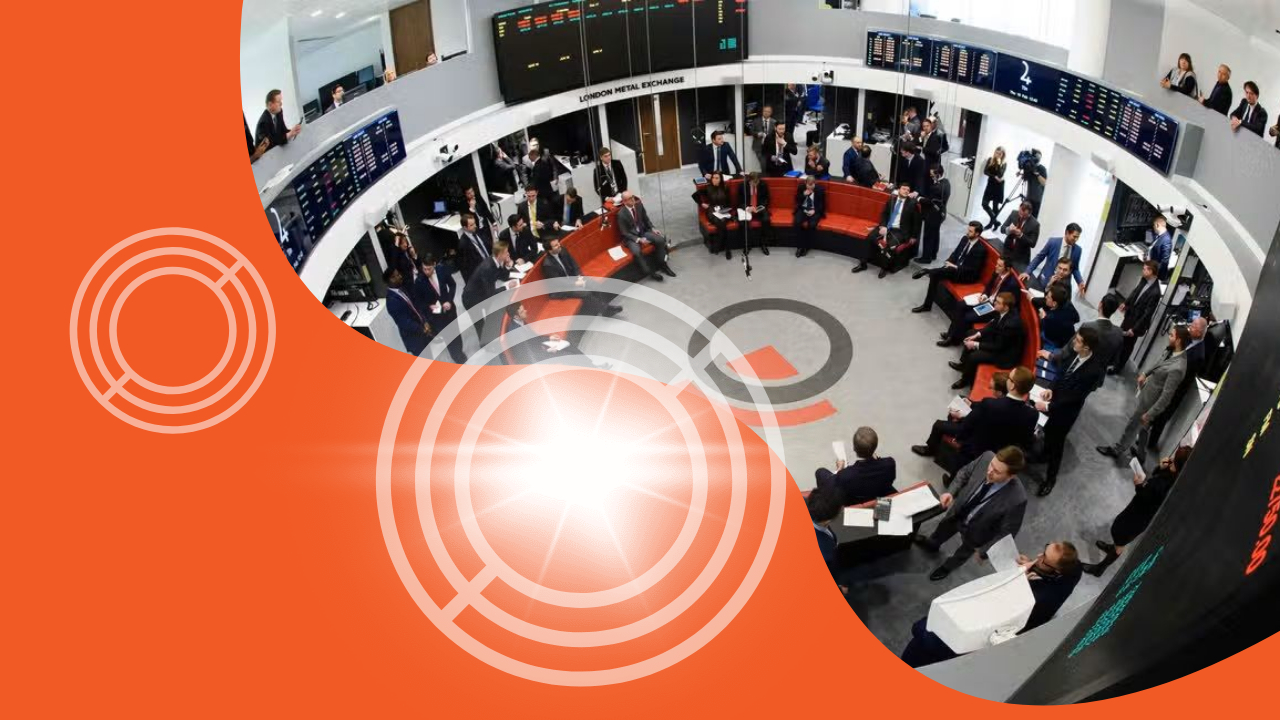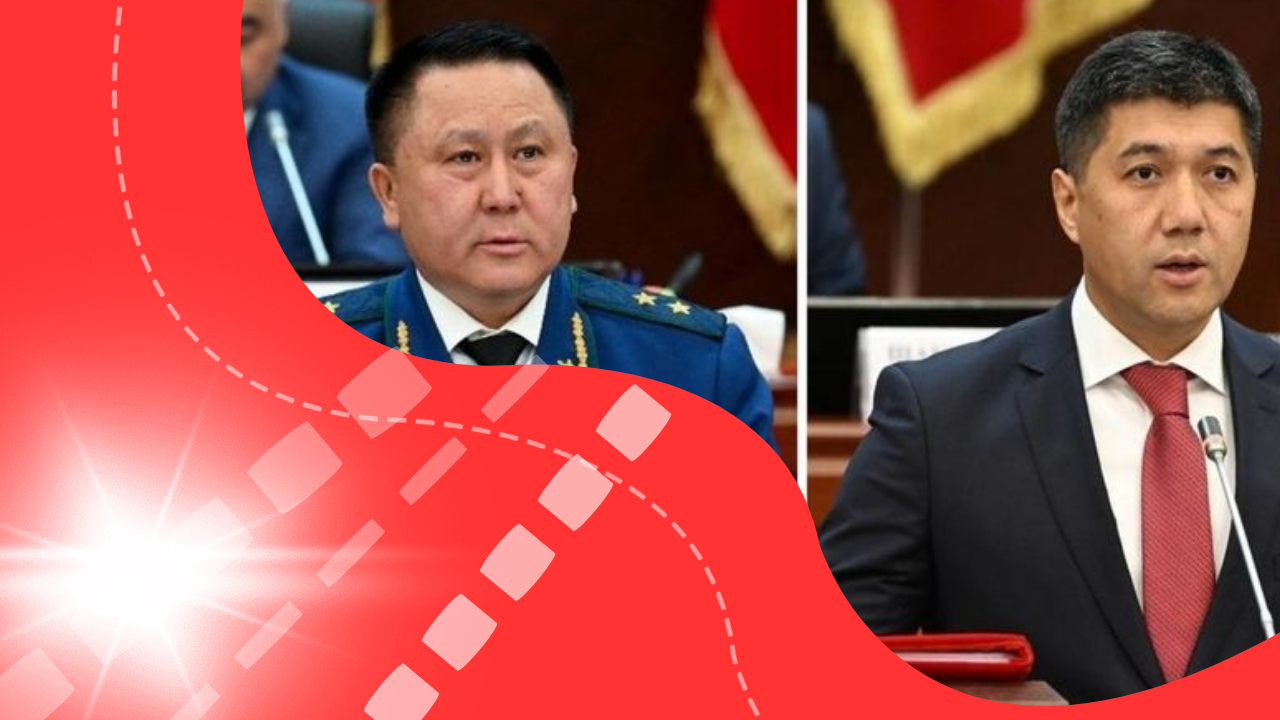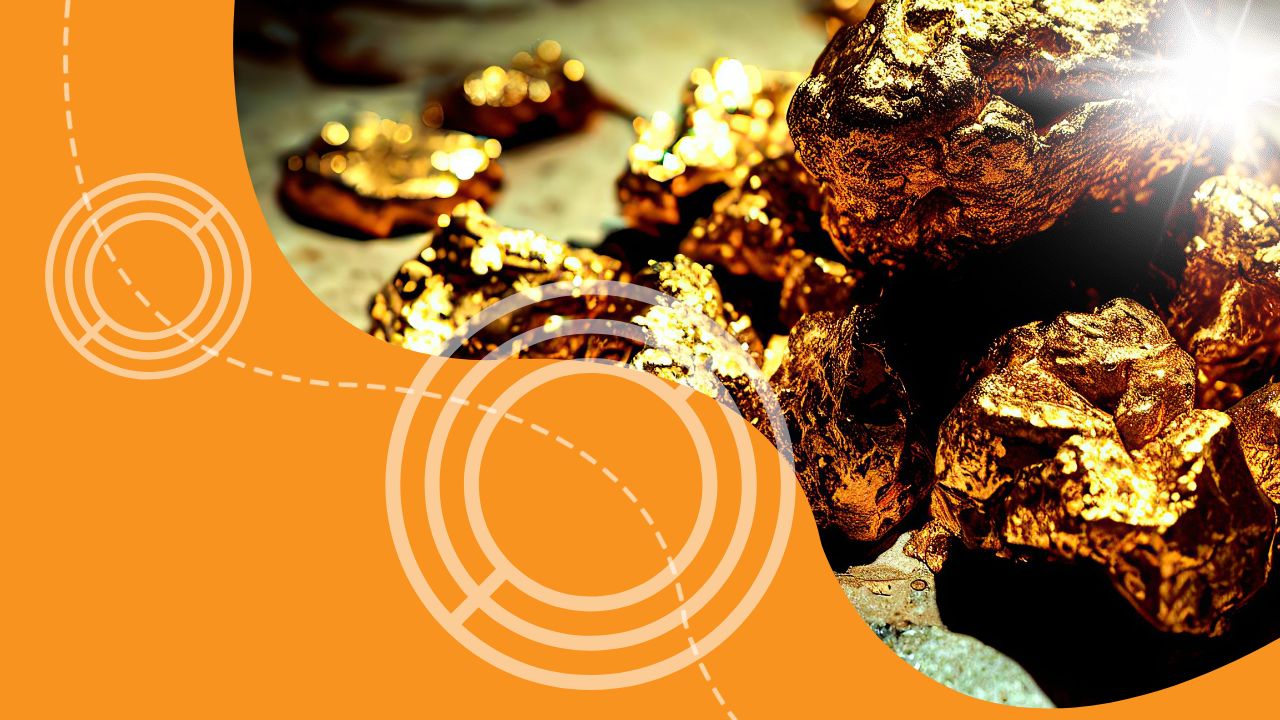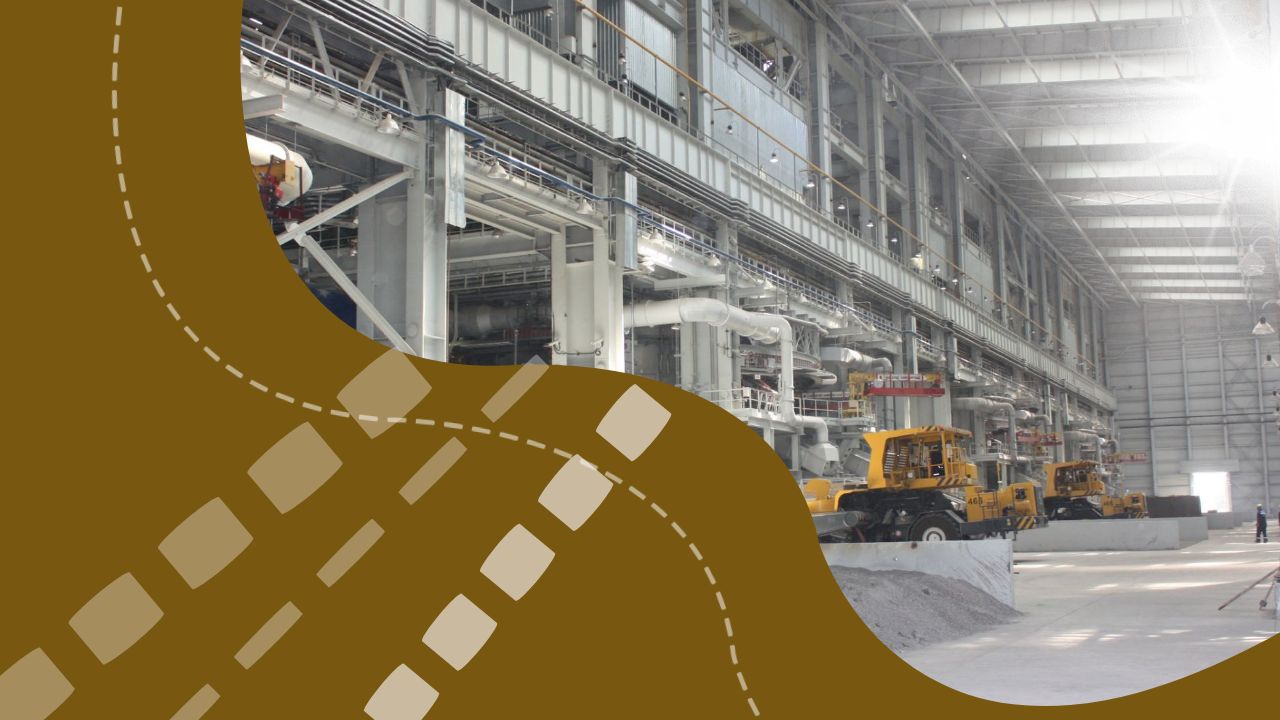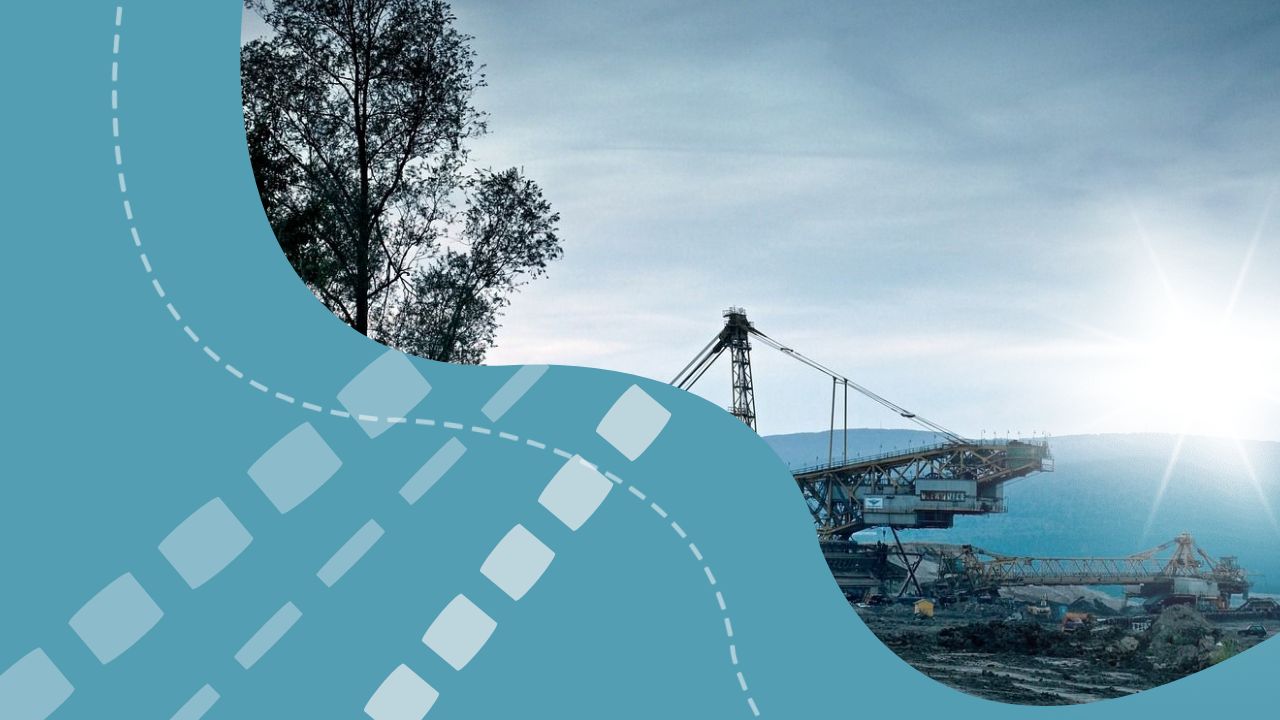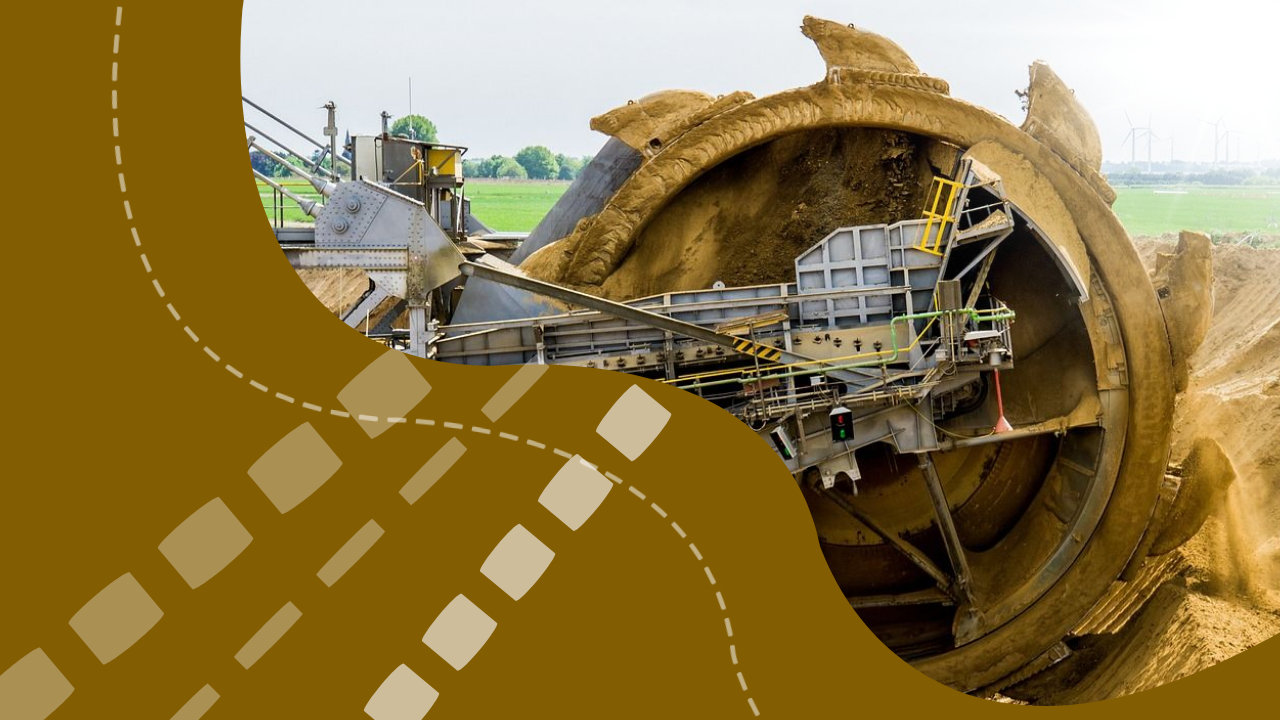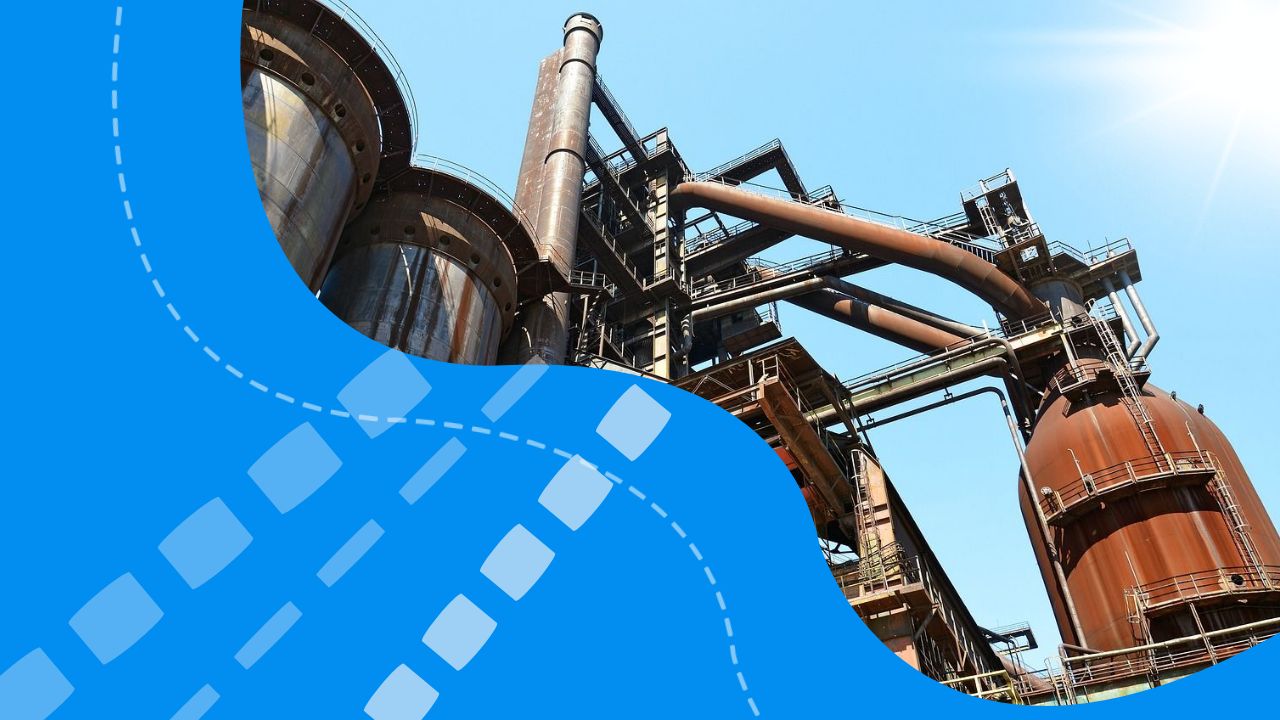President Emmanuel Macron of France declared on Monday that the country will completely phase out coal by 2027. In addition, he emphasized the need for increased climate funding from Europe.
Macron stressed the importance of European investment in the ecological transition, stating that mere regulation without substantial investment would not suffice for a genuine European decarbonization strategy.
For months now, the French government has been diligently formulating its strategy in this realm. The objective is to achieve an annual reduction in greenhouse gas emissions of approximately 5% in order to meet the European target of reducing emissions by 55% by 2030 compared to 1990 levels.
Macron called upon the European Commission to allocate more funding towards climate transition in order to attain these targets.
France has already allocated €40 billion for climate action in 2024, which is €7 billion more than the previous year.
This budget will be incorporated in the Finance Bill, which is slated to be presented to the Council of Ministers on Wednesday, followed by debates in the French Parliament.
Macron also outlined several forthcoming significant measures, including the complete phase-out of coal in France “by January 1, 2027.”
“This is the priority we have set for our nation, and it is one that we will advocate for in Europe and across the globe,” he asserted. Macron described it as a “French-style ecology” that does not entertain the idea of reopening coal-fired power plants, unlike Germany.
In reality, France currently operates two coal-fired power plants, with one being reopened in 2022 as a response to the energy crisis.
Furthermore, Macron revised his stance on phasing out gas-fired boilers, opting instead for a policy that encourages the installation of heat pumps. He expressed plans to produce one million heat pumps in France by 2027.
In Germany, Great Britain, and the Netherlands, governments have also reconsidered their ban on gas-fired boilers, as they fear potential social unrest.
Regarding transportation, Macron reiterated the goal of producing one million electric cars in France by 2027. To achieve this, he intends to initiate a comprehensive assessment of France’s mining resources.
In terms of industry, Macron explained that in October, they will be able to announce electricity prices that are both competitive and conducive to maintaining the competitiveness of households and industrial customers.
Macron expressed his reluctance to “wait” for the ongoing negotiations regarding the reform of the EU electricity market design in order to ensure that the French population does not have to pay exorbitant prices for electricity, thanks to the country’s reliance on nuclear power.
The proposed timeline coincides with the upcoming EU Energy Council meeting on October 17, which holds significant importance for the future of the EU electricity market design.
At present, France continues to advocate for the inclusion of existing nuclear assets within the market design framework, a point of contention with Germany and its allies.

